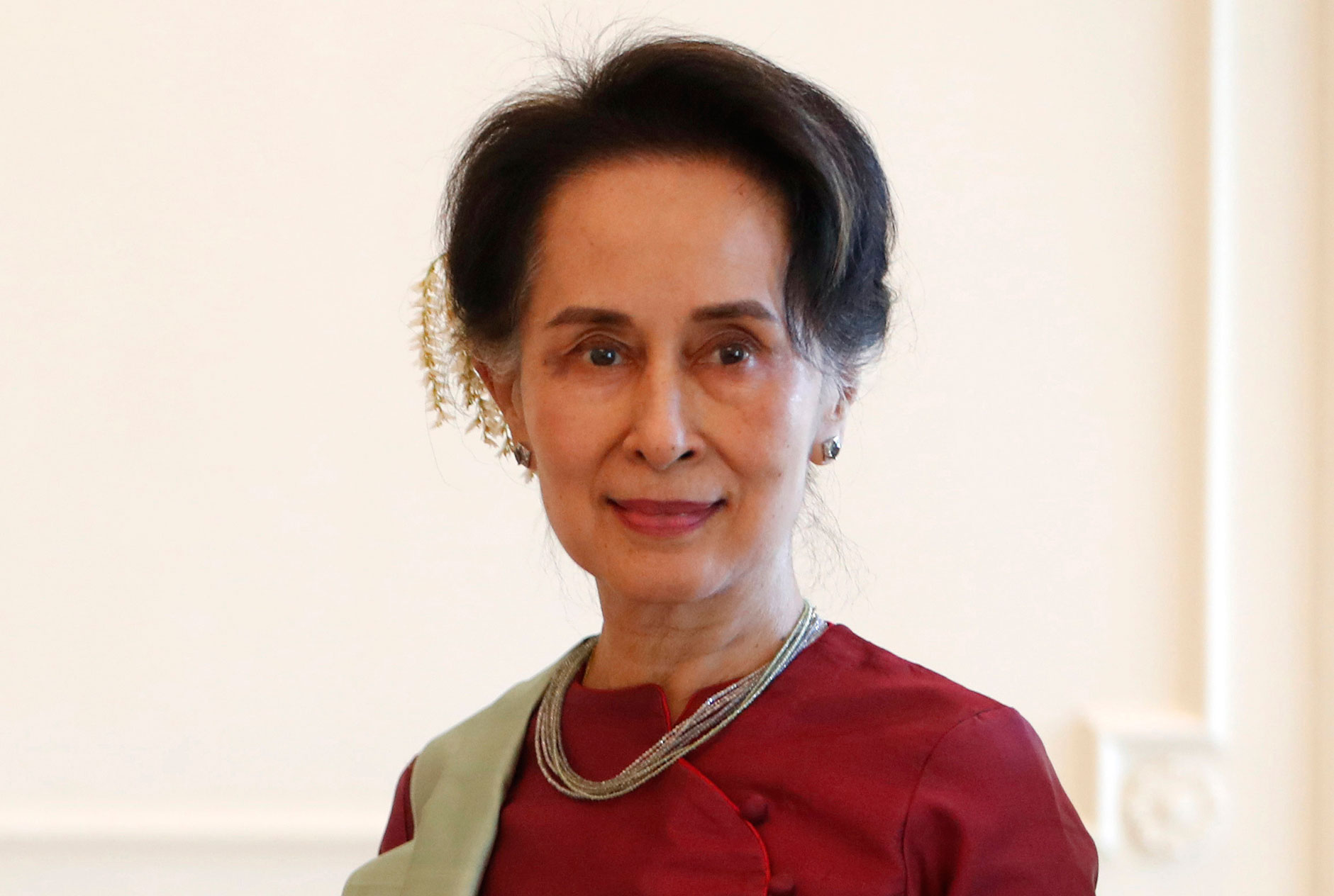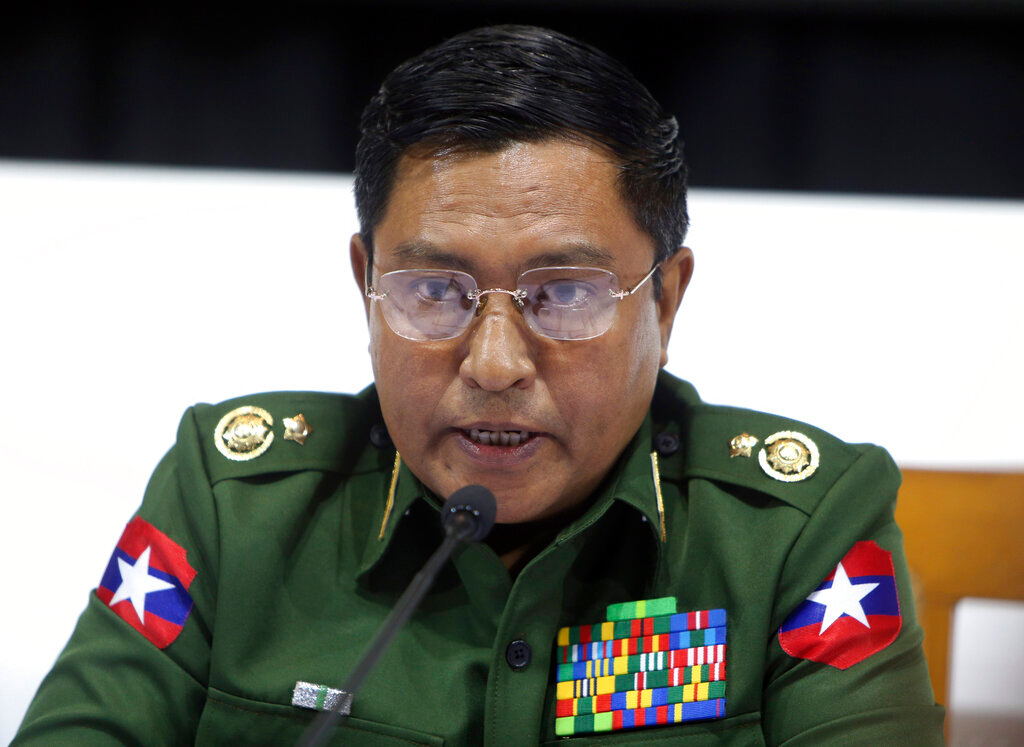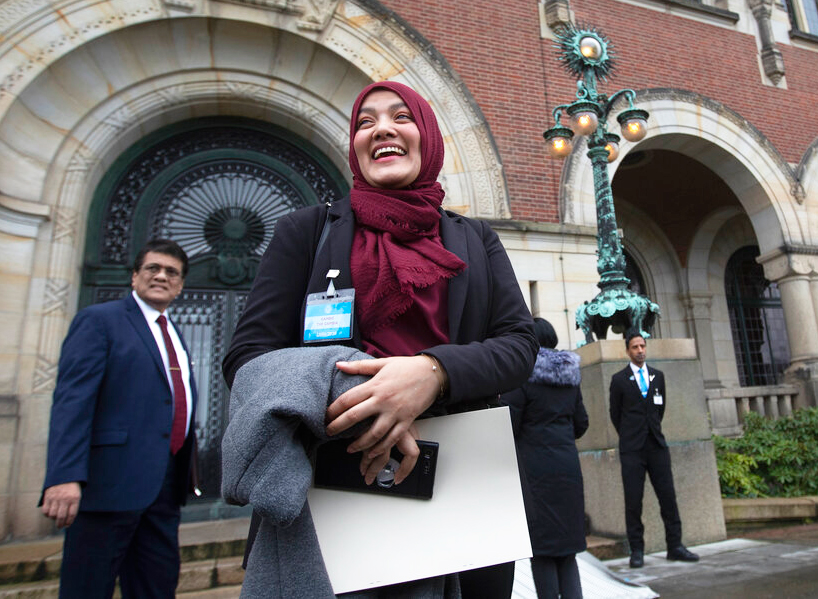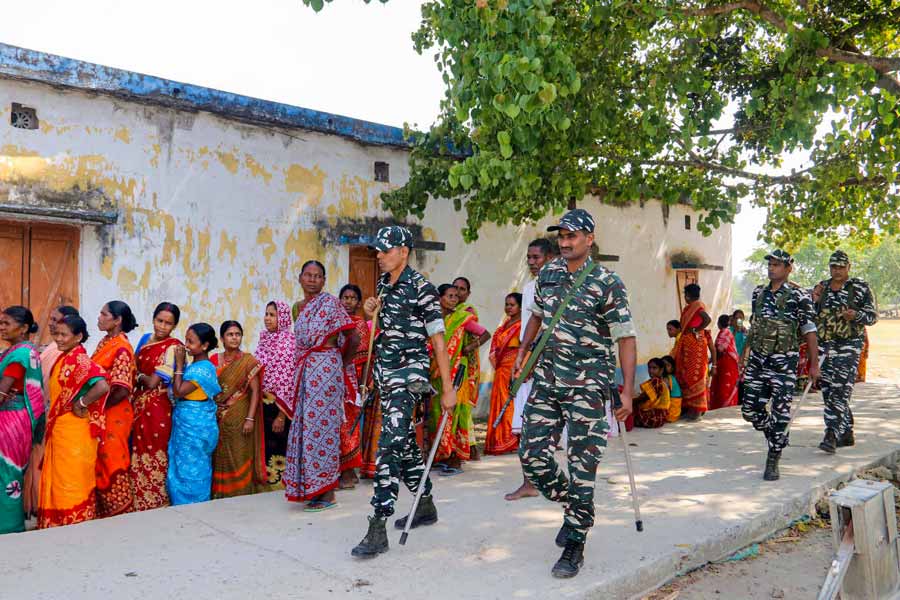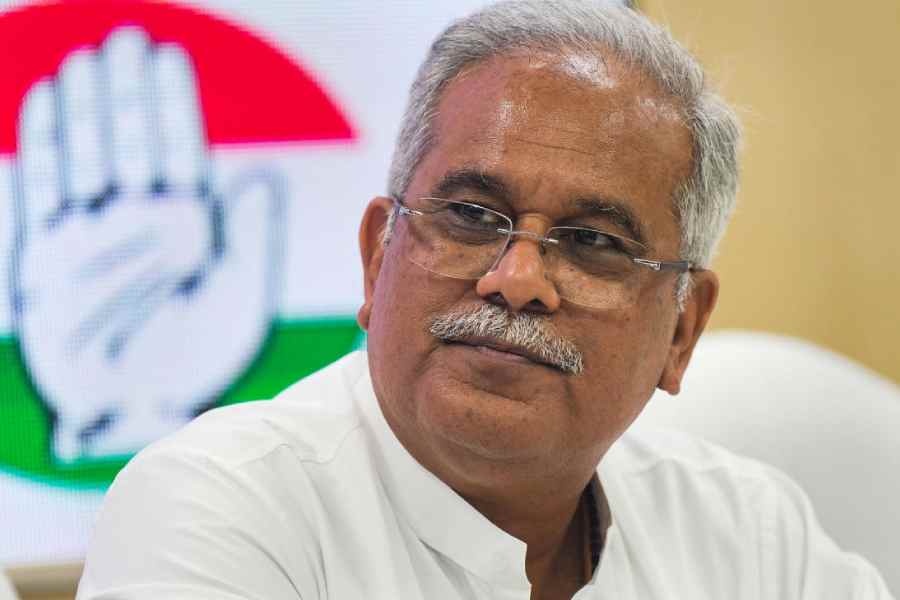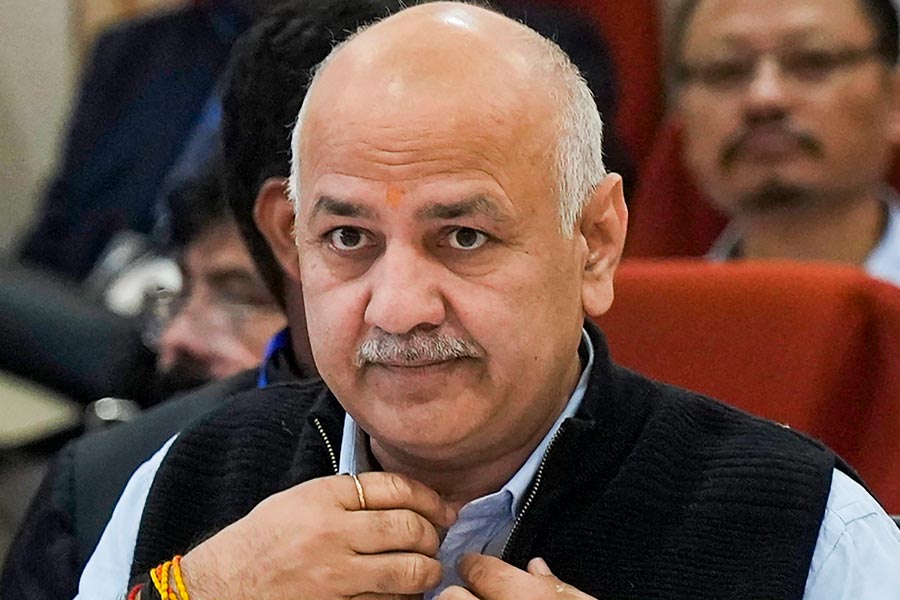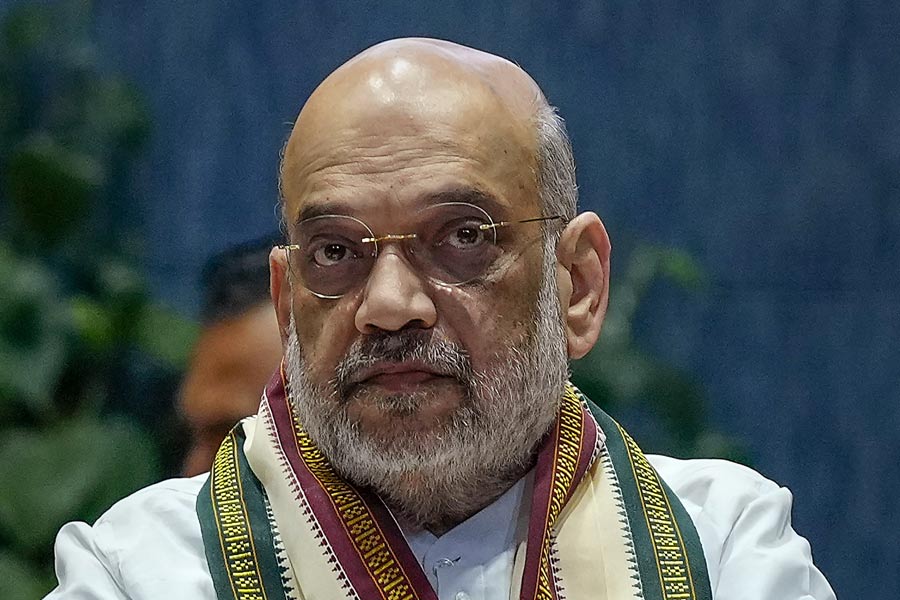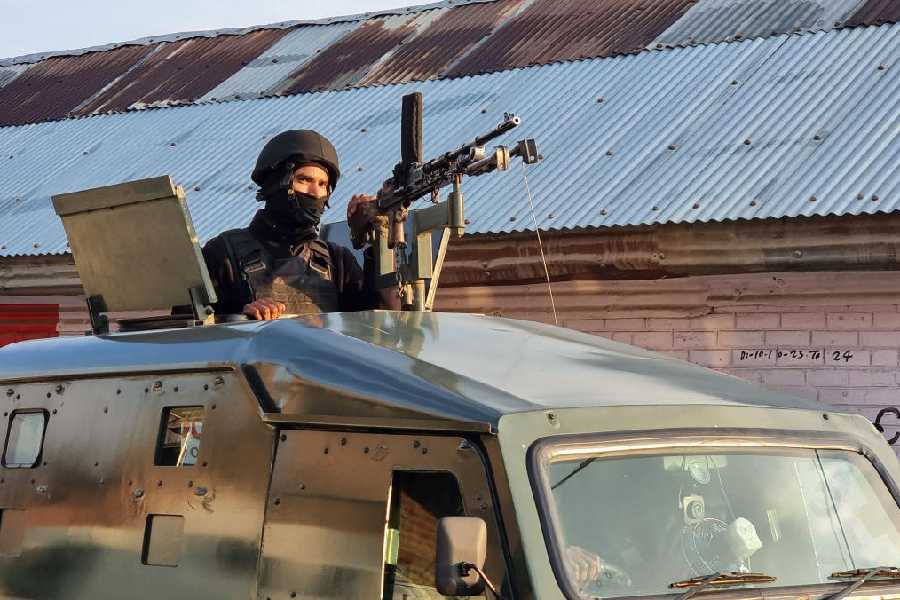Aung San Suu Kyi is of the view that while war crimes had been perpetrated against the Rohingya, Myanmar’s Muslim minority, the allegations of abuse had been exaggerated by the victims. The International Court of Justice seems to have taken a rather dim view of Ms Suu Kyi’s opinion. In a heartening judgment, the ICJ has rapped Ms Suu Kyi’s nation firmly on its knuckles, ordering Myanmar to take steps to protect the Rohingya from genocidal violence. The ICJ verdict came in response to a lawsuit brought by Gambia, a Muslim-majority nation, alleging that Myanmar had been complicit in the shocking violence in contravention of the tenets of the Genocide Convention of 1948. The bloodletting had led to not only countless deaths among the Rohingya but also an exodus of over 7,30,000 people, most of whom chose to flee Myanmar to neighbouring Bangladesh where they found shelter in refugee camps. The conclusion by the Hague is, incidentally, consistent with that of investigators from the United Nations who had declared that the military crackdown on the Rohingya in 2017 had been planned with “genocidal intent”.
There is something redeeming about the judgment when global politics seems to be mired in insularity. The ICJ acted upon a plea by an African country far removed from the scene of the crime. Gambia has impressed upon members of the global fraternity the need to act in a concerted manner to protect human rights. Gambia’s intervention goes to show that moral goodwill can still triumph against the pragmatism of geopolitics, an imperative that has prevented other nations, including India, to take up cudgels on the behalf of the persecuted Rohingya. The ruling, in essence, means that Myanmar’s treatment of the Rohingya would now be a matter of the court’s supervision. This may be welcome news but a lot more needs to be done. This is because the ICJ is not vested with powers of enforcement. The fate of the Rohingya thus continues to depend on the generosity of the members of the UN that have the right to ask the UN security council to take action keeping in mind the ICJ verdict. Such benevolence cannot really be counted upon in diplomacy. The ICJ pronouncement must be complemented by closer scrutiny of Myanmar’s human rights record by the comity of nations so that the Rohingya are accorded the rights that they deserve.

